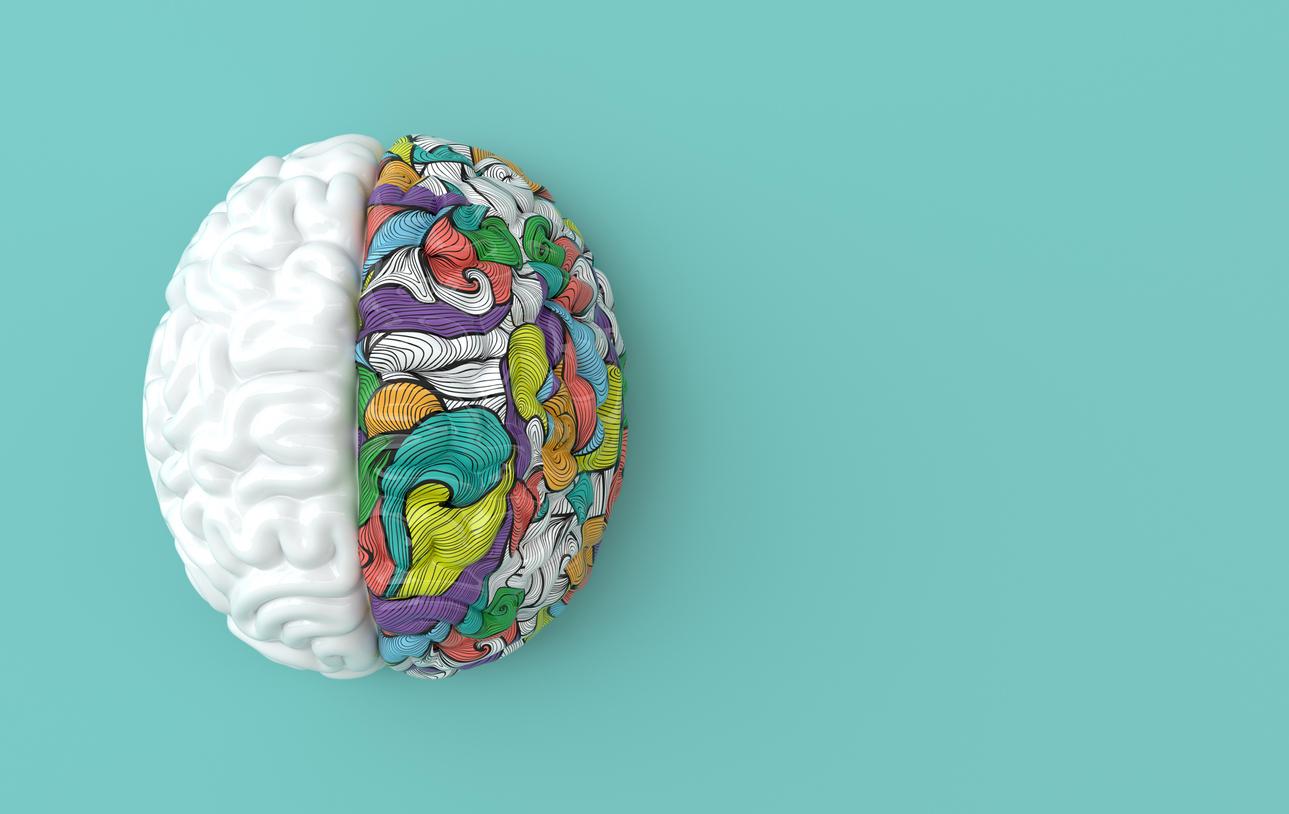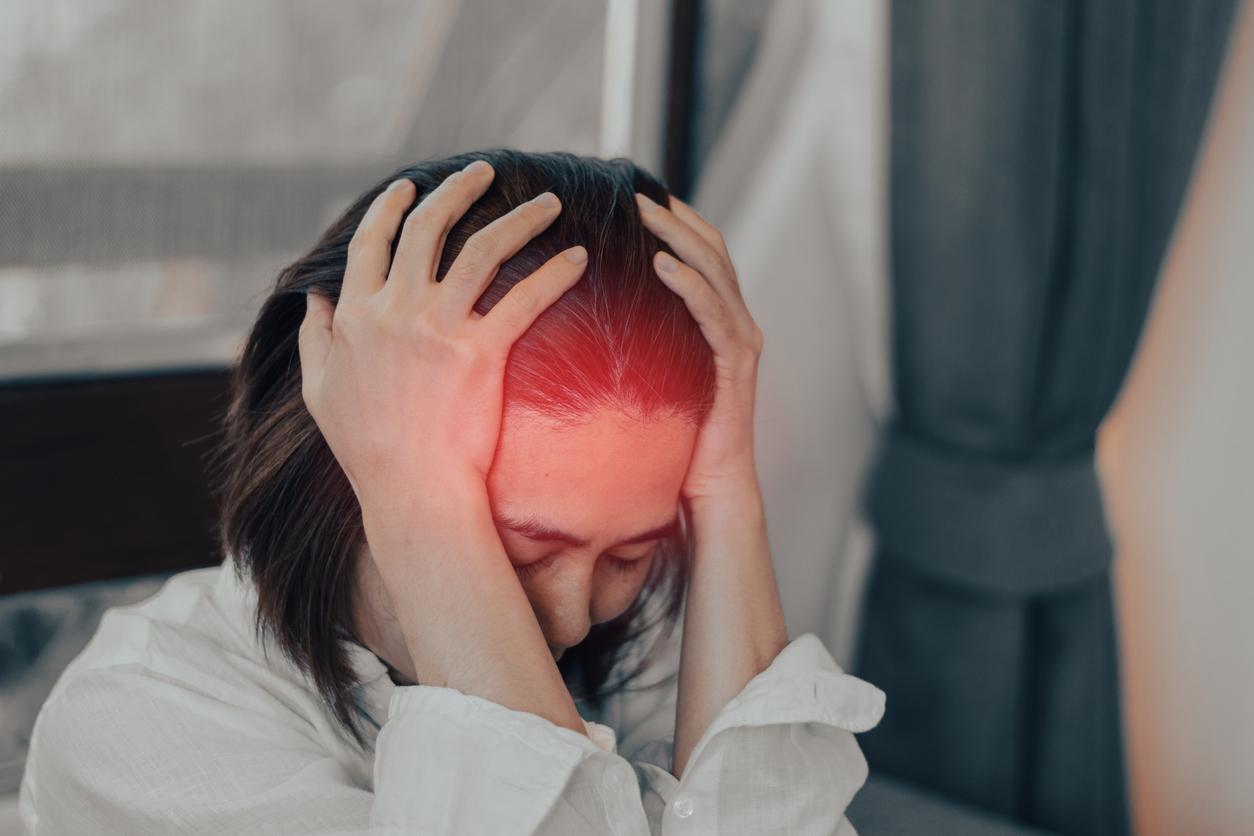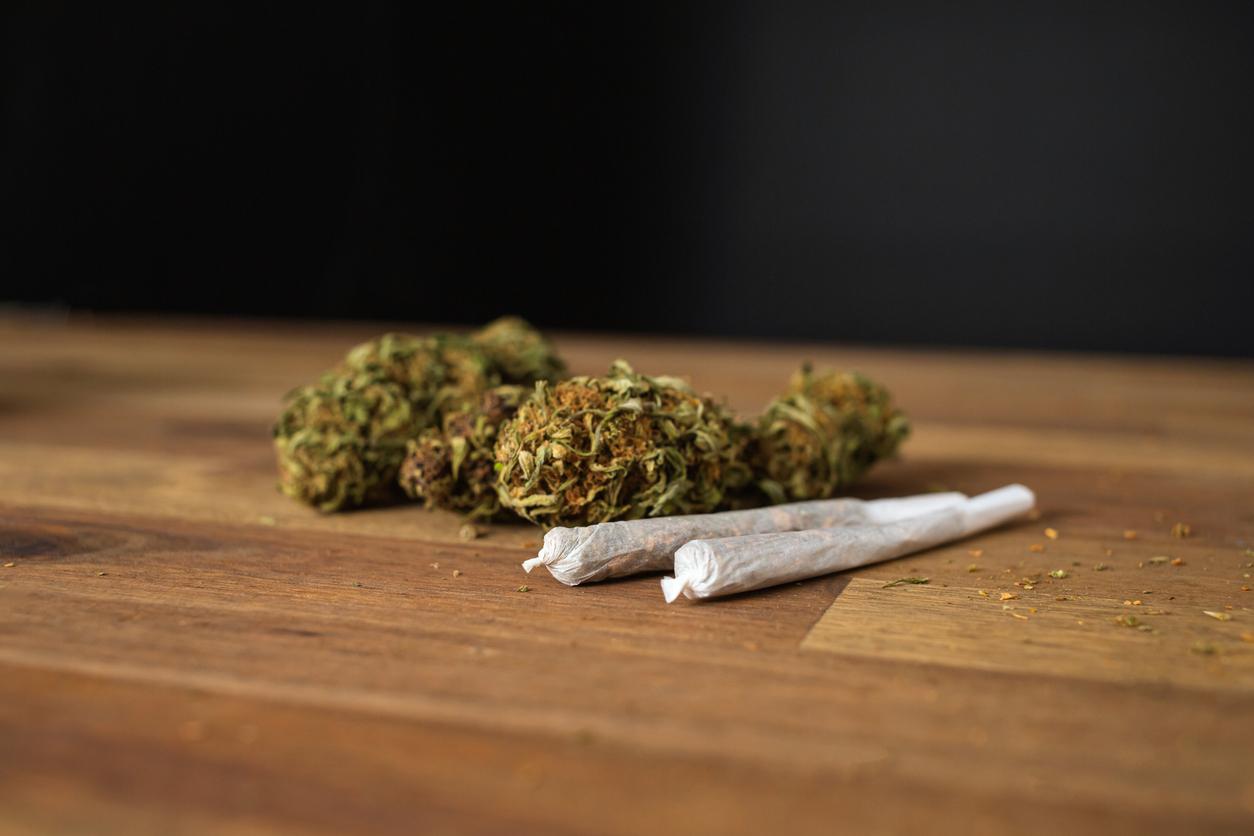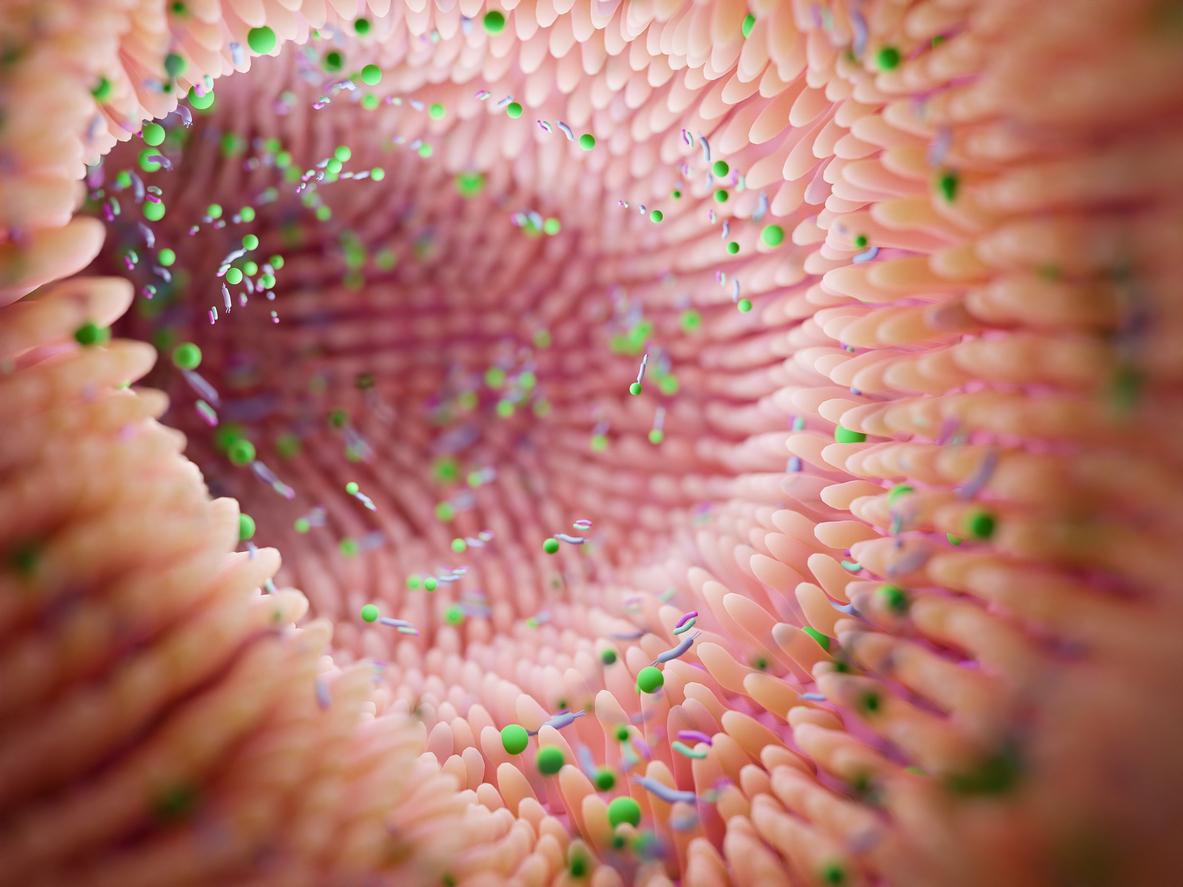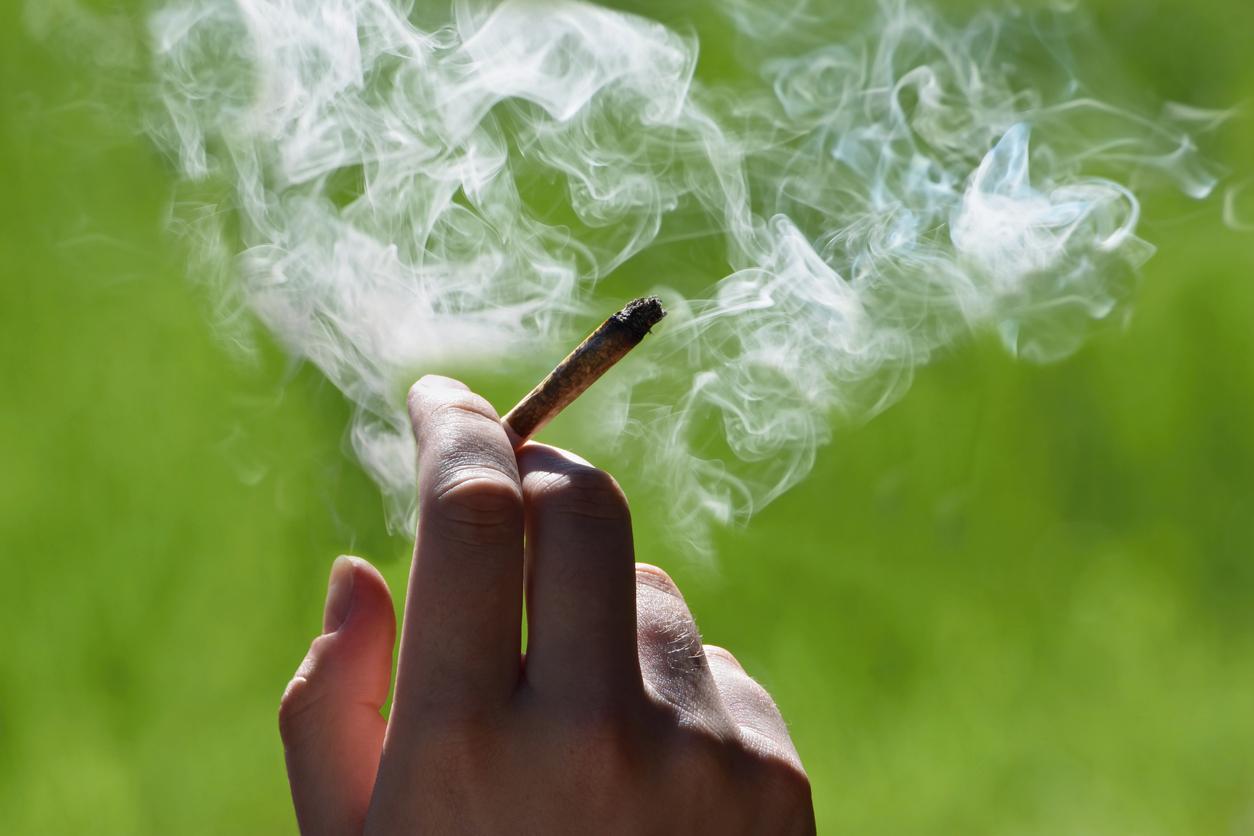Therapeutic cannabis would help relieve the symptoms of people with post-traumatic stress disorder (PTSD) in the short term.
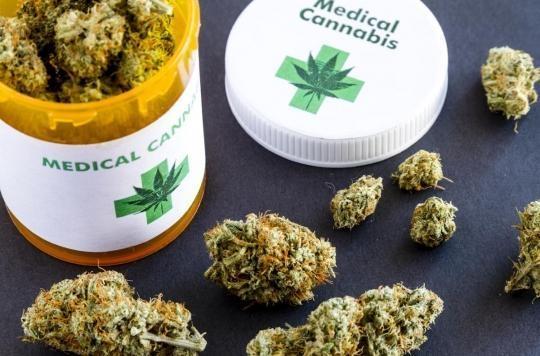
- Medical cannabis would have positive effects for people suffering from post-traumatic stress.
- However, it seems that the relief is only short-lived.
- While waiting to know more about the question, several techniques such as hypnosis or CBT can help patients.
It has been proven time and time again that smoking cannabis can be bad for your health. Consumed even occasionally, it would increase the risk of complications from Covid, while at high doses, it would promote testicular cancer, depression, cognitive impairment and would also be harmful to fertility. However, in return, cannabis is increasingly used around the world for therapeutic purposes. Medically prescribed, it would help to relieve pain linked to cancer and osteoarthritis and several researchers are currently working to develop drugs based on this plant to treat Parkinson’s or combat antibiotic resistance. Moreover, according to a new American study published in the Journal of Affective Disordersmedical cannabis would also be positive for people with post-traumatic stress disorder (PTSD).
To reach this conclusion, researchers at the University of Washington (USA) followed more than 400 people with this disorder. They asked participants to download an application through which they described the manifestations of their syndrome before and after consuming therapeutic cannabis. Results of observations: after consumption, the severity of intrusive thoughts related to the trauma was reduced by 62%, flashbacks by 51%, irritability by 67% and anxiety by 57%. “All symptoms were reduced by more than 50% immediately after cannabis use”so welcome the authors in their paper.
“It may not be an effective long-term remedy”
However, this study has some limitations. Indeed, patients self-diagnosed as suffering from PTS. What’s more, there was no placebo group and the beneficial effects did not last over time. “It may not be an effective long-term remedy, as the baseline symptoms were maintained over time and the dose used for anxiety increased over time, which is indicative of the development of the tolerance”note the researchers of the paper.
“He Cannabis appears to temporarily mask symptoms, acting like a band-aid, but once the period of intoxication is over, symptoms may reappearcomments Carrie Cutler, who led the study. We need more research looking at the effects of the plant as a whole because it’s mostly what people smoke and not just the synthetic cannabinoids. It is difficult to set up a good placebo control group with the whole plant but we have to do it”she concludes.
What is post-traumatic stress disorder?
In France, experimentation with the medical use of cannabis initially planned for September 2021 has been postponed “at the latest” to January 2021 due to the coronavirus crisis, the Ministry of Health announced in a press release published on 3 June. This trial, decided a year after the National Medicines Safety Agency (ANSM) gave the green light to the use of cannabis for therapeutic purposes, should last two years. Some 3,000 patients suffering from certain forms of epilepsy, multiple sclerosis, neuropathic pain or chemotherapy side effects will be included.
The state of post-traumatic stress, known since Antiquity, manifests itself in people who have experienced a situation during which their physical or psychological integrity or that of those around them has been threatened or affected. Patients report nightmares, flashbacks of traumatic events, anxiety, fear, and hypervigilance. They also evoke emotional numbness, anger, and violent behavior, as well as drug and alcohol abuse. This permanent sadness and the development of addictive disorders often ends up having a negative influence on daily life and on their relationship with others.
If not effectively managed, this chronic disease can last a lifetime. Fortunately, there is appropriate psychiatric care. Behavioral and cognitive therapies (CBT) as well as eye movement desensitization (EMDR) or hypnosis have proven their worth in this area. In addition to medical help, support from the environment, family and professional, is essential to help the patient recover.
.











